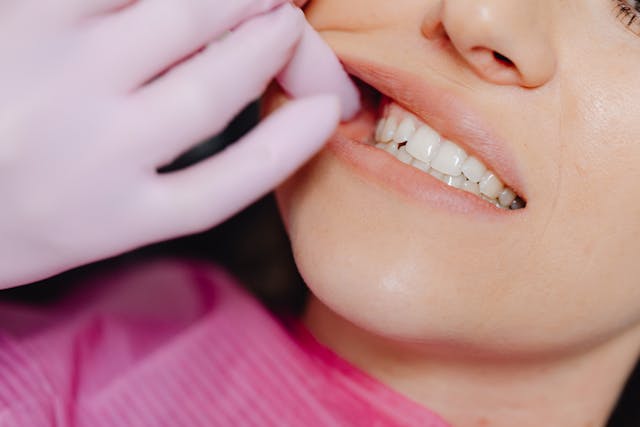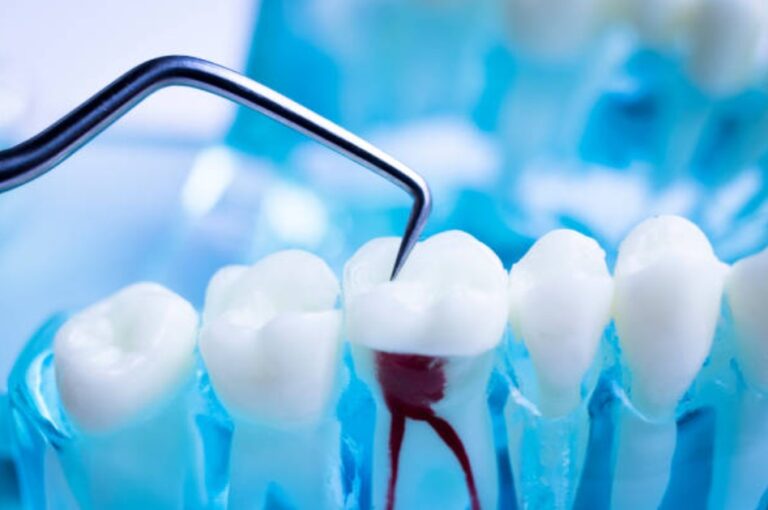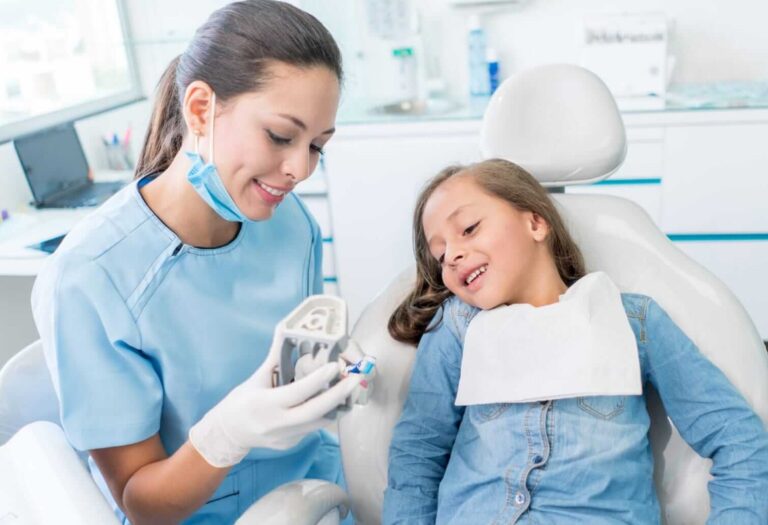
Dental accidents can strike when you least expect them. Knowing how to respond quickly and effectively can make all the difference, whether it’s a fractured tooth, a knocked-out molar, or a soft tissue injury. Here’s a guide to help you understand common dental emergencies, what steps to take, and how to minimize long-term damage to your oral health.
Common Causes of Dental Accidents
Understanding the leading causes of dental injuries can help you identify potential risks and take precautions to avoid them. Some of the most frequent causes include:
- Sports Injuries: Contact sports like football, basketball, and hockey are notorious for resulting in chipped or knocked-out teeth.
- Falls: Slips and trips at home or outdoors often lead to oral injuries, particularly among children and the elderly.
- Vehicle Accidents: Car collisions can cause significant facial trauma, affecting teeth and gums.
- Chewing Hard Objects: Biting down on hard foods like ice or nuts can fracture a tooth unexpectedly.
- Misuse of Teeth: Opening bottles or tearing packaging with your teeth is a risky behavior that may lead to fractures or chips.
While some accidents are unavoidable, many can be prevented with the right safeguards in place.
Immediate Steps to Take During a Dental Emergency
Knowing how to respond to a dental emergency can significantly impact the outcome. Follow these steps depending on the type of injury:
1. Fractured or Chipped Tooth
- Rinse your mouth with warm water to clean the area.
- Apply a cold compress to reduce swelling if necessary.
- Save any tooth fragments you can find and bring them to your dentist.
2. Knocked-Out Tooth
- Handle the tooth carefully, avoiding the root.
- Rinse it gently with water—do not scrub or use soap.
- If possible, place the tooth back in its socket and hold it in place until you can see a dentist. Alternatively, store it in milk or a saline solution.
- Seek immediate professional assistance. Knocked-out teeth have the best chance of being saved when treated within an hour.
3. Soft Tissue Injuries
- If you have bleeding on your lips, gums, or tongue, rinse your mouth with a saltwater solution.
- Use gauze or a clean cloth to apply gentle pressure to stop the bleeding.
- If bleeding persists for longer than 10 minutes, visit an emergency healthcare provider.
4. Abscess or Severe Toothache
- Rinse your mouth with warm salt water to ease discomfort.
- Avoid applying heat to the affected area, as this could worsen inflammation.
- Do not attempt to drain the abscess yourself—this requires immediate attention from a dentist.
Dental Treatment Options for Common Injuries
Once you’ve taken the initial steps, it’s essential to seek professional treatment to address any damage and prevent further issues.
Tooth Restoration Options
Dental bonding, veneers, or crowns are effective options for restoring chipped or fractured teeth. If a tooth is beyond repair, your dentist may recommend an extraction followed by a prosthetic replacement. Treatments like all on 4 dental implants in Tucson can provide a reliable solution for patients needing permanent tooth restoration, offering durability and a natural appearance.
Root Canal Therapy
For deep fractures or injuries exposing the tooth’s nerves, a root canal may be necessary to save the tooth and prevent infection.
Gum and Soft Tissue Treatment
Soft tissue injuries often require professional cleaning to avoid infection. Stitches may also be needed in severe cases.
Managing Tooth Loss
Knocked-out teeth can sometimes be re-implanted if treated promptly. However, if reimplantation isn’t viable, patients may choose a dental bridge, implant, or partial denture for long-term tooth replacement.
Preventing Dental Accidents
While not all emergencies can be predicted, there are steps you can take to reduce the likelihood of dental injuries:
- Wear Protective Gear: Mouthguards are essential for anyone participating in contact sports. Custom-fitted options provide the best comfort and protection.
- Watch Your Diet: Avoid chewing hard foods or non-food items that can damage your teeth.
- Maintain Safe Practices: Use scissors or proper tools instead of your teeth to open packages or objects.
- Childproof Your Home: Reduce the risk of falls for children by installing safety gates and padding hard edges on furniture.
- Keep Up with Dentistry Check-Ups: Regular dental visits can detect early signs of wear or decay, preventing sudden fractures or other issues.
Also Read: Protecting Your Teeth as You Age: A Comprehensive Guide
The Importance of Professional Dental Care
Handling dental accidents can be stressful, but quick thinking and the right actions can make a difference. However, treating immediate symptoms is just the beginning—it’s critical to seek professional dental care for a complete evaluation and proper treatment. Dentists are equipped to provide solutions tailored to your specific injury, ensuring long-term oral health and functionality. Don’t overlook the seriousness of any dental emergency; timely care is the key to preserving your teeth and your smile.
By staying prepared and taking preventative measures, you can reduce the risks of dental accidents and ensure prompt recovery when they do occur.






